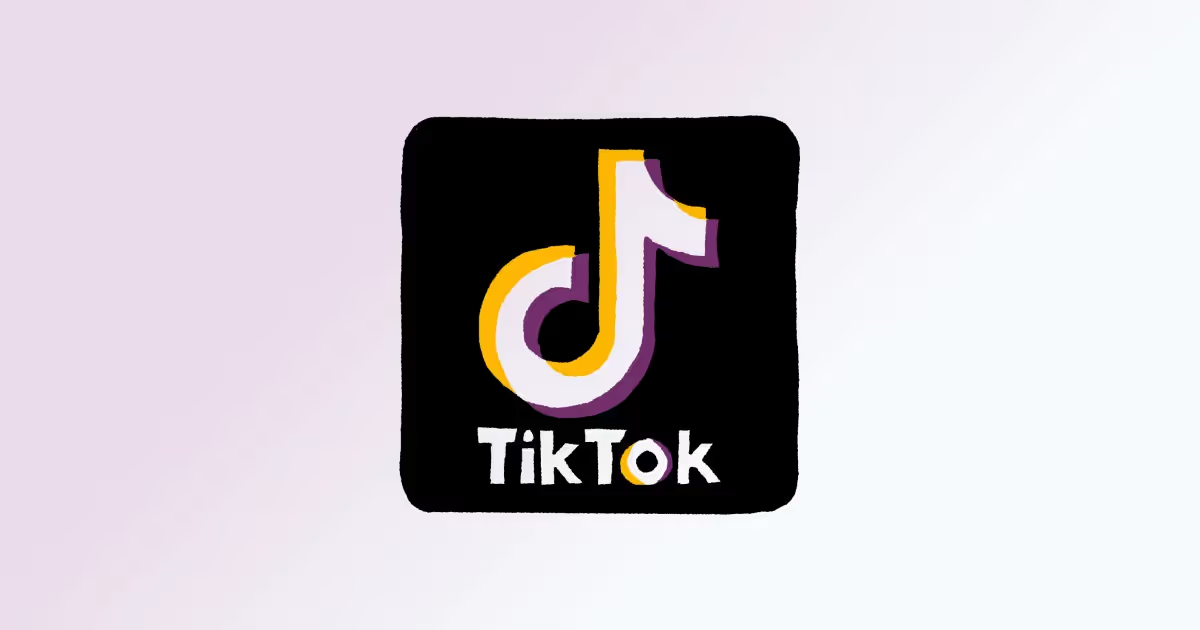Perchpeek, known in startup circles as “Tinder for renting”, is an AI-powered relocation company. They help employees navigate the difficulties of finding a new home when moving abroad by providing them with a tailored selection of potential properties. It recently secured a $2m Series A round led by Episode One Ventures who see it as the potential “leader in supporting the future of migration.”
Speaking with Paul, its co-founder and CEO, was a delight. Not only because he loves the NBA as much as we do, but because he is refreshingly open about the journey he’s been on. On top of that, he’s got sound advice for founders weighing up the VC vs non-VC route for funding. From a marketing perspective, the key takeaway is his use of content marketing to help nuture prospects down a long sales cycle - a tactic also employed by Napala Pratini, founder of Habitual who we spoke with recently.
If you’re a founder or you know a founder who’s thinking about how to pivot their business or how to move forward with funding, there’s so much in here for you. Please enjoy!
What’s one thing that’s going to be big which not a lot of people are talking about right now?
Well, a fair few people are speaking about it but I'm really, really into NFTs. I'm a massive sports fan and there is a site called NBA Top Shot which allows you to spend money on highlights, which is genius because it gives sports fans a way to own a part of the actual experience - something that is quite rare in the sports world. It ties into this burgeoning new digital art scene which hasn't been a massive thing so far, just because of the ease of replication. With the whole industry predicated on rarity, it hasn’t really worked. So, now that NFTs are able to bring that rarity to the digital space it’s something I’m really excited about.
What mistakes did you make that you’d advise others to avoid?
The mistake we made was taking too long to pivot the business. Actually, if we look back, we probably took too long to release the first version of our platform; because we were a bit too precious about it. And then once we released it, we probably took too long to learn the lessons of what we were doing every day. As a founder, you are learning about your space so much faster than anyone else, because you're living and breathing it; so it's important to make the most of that.
We pivoted at the start of last year into the relocation space and we could have done that about six to nine months earlier. However, it's quite hard to do, because in our case, we'd raised a very small amount of pre-seed capital, and told everyone we knew about our idea - to which everyone responded very positively. So, then there is this feeling that a certain amount of your social credibility is tied to executing on that exact, initial plan. But actually, I think one of the biggest advantages early stage founders have is that they can just try things and learn so quickly and fail so fast. So, although it’s difficult, founders should try and let go of that feeling. When you realise that the primary reason that companies fail is that they run out of money or, or that they run out of interest, pivoting a bit faster and trying more things is a good way to avoid that.
Is there a person or company out there that you really admire?
I've been warming up to Daniel Ek from Spotify a lot recently. Particularly relevant to Perchpeek, he has come out and said that they're going to allow employees to work from anywhere, which is a very cool policy. More generally, it seems like there is an exceptional culture at Spotify which is impressive for a company of its size. I also admire that he is using his wealth to try and solve big problems like those around climate change.
Another person I really admire is Sara Blakely at Spanx. Her story is refreshing because it feels like most founder stories involve raising billions in capital and growing incredibly quickly with huge teams. Sara has managed to grow Spanx completely organically and owns 100% of the IP. I’d recommend anyone to read her interviews as she gives such solid, inspirational advice.
Now that founders have a lot more options beyond VC in terms of how they raise capital, do you think that we’ll see more founders move away from the VC model like Spanx did?
Yeah, it's interesting because there is probably more capital there than ever before for early-stage companies. But at the same time, it’s probably easier to start and bootstrap a digital business than ever before because there are so many no-code or low-code tools that you can use to build a good website for not very much capital. I think what you'll see is a bit of a move away from venture capital being the dominant funding option for early stage businesses. Some will take the ‘less is more’ approach with many realising that, in spite of what the aspiration is, not every business is a $1b+ business; which is what the VC model is predicated on.
So unless you are going after a market that is incredibly big, and you can grow incredibly fast, which are both two quite rare things, I think you'll start to see a lot more founders say, “actually, my costs don't have to grow so fast and I can more steadily build a really amazing business and not have to give loads of it away.” You're already seeing that just in terms of the range of different financing options such as revenue-based finance. Going forward I think we’ll see more founders take hybrid approaches.
Probably some of the best advice is to raise with a purpose. For example, that purpose might simply be to pay the team for 18 months, which is a really great purpose. Or it might be that, you know, you have a good plan for building out this platform and getting your first five big customers. But you’d be surprised how often it feels like people are just raising for the sake of it, rather than having a clear idea about why they’re doing it. I also think that you shouldn’t raise too much until you’ve found a business model that is working so well for you that you’re able to use the extra capital to pour ‘fuel on the fire’, so to speak.
A lot of smart people decide to give away less equity, because you have to give away so much proportionally early on. If I was to do another startup and advise people, I'd definitely just say raise less than till you feel like you've really hit product-market fit.
Perchpeek is pretty keen on content marketing. What does it do for you?
We see content marketing as incredible in two ways. First, if you create a good quality piece you can keep using it, so you’re getting good value in that sense versus other types of marketing which are usually time-bound and have a certain window of effectiveness. For Perchpeek in particular, it works well as a large portion of our customers are large enterprises with long sales cycles, so we’re often having to speak to a number of people within an organisation before going live. So in that space, the last thing you want to be doing is emailing them every week asking for an update. It’s much better for us to be able to send them a well put together article full of genuinely useful information as a way of staying on their radar in a way that doesn’t feel too forced.
Second, for our smaller targets, who may only do a few relocations each year, for whom it doesn’t really make sense for us to dedicate salespeople, content marketing is great for picking up that long-tail.
What is the one thing you wish you’d known when you’d started out?
You’re going to have to get used to the feeling of uncertainty. You’re always going to feel like you’re just about to crack it but just by the nature of what you’re doing it’s always going to be just out of reach. You’ll probably feel it most acutely around fundraising, with the thought that if you just raise the capital you’ll be able to solve all your problems and that rarely happens, you just come into new ones as you’re constantly trying to improve.
How do you manage the B2B / B2C mindset?
Great question as our ideal scenario is for an employee who has had a great consumer experience to evangelise for us in their workplace. We can produce all the content we want, we can go to every trade show, we can have all of the Trustpilot reviews, you know, we can have as much amazing material, there's nothing more powerful than an employee saying: “I’ve used this, it was amazing and it really works”. It’s something we’re trying to get more of. One of the things that is working quite well for us is just to get companies to send us trial employees that aren't having a good relocation experience or proactively going into Facebook groups and offering people free relocation assistance. We haven’t quite figured out our scalable approach in this space just yet but we are keen to find it as it pays off so well for us when it does happen.
Our last question is around a resource: something you listen to, watch, read?
I would say read a book called Growth Mindset by Dr. Carol Dweck. It's my favourite book and the only one I've ever read more than once - it's just so good.







